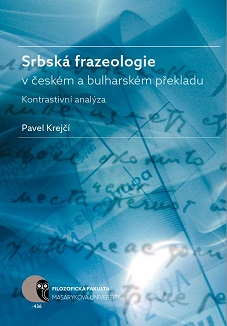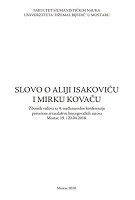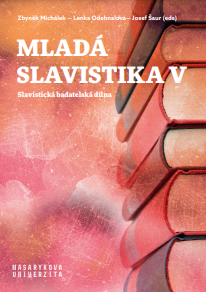Author(s): Danilo Kiš / Language(s): Romanian
Publication Year: 0
Trăsese la un hotel din Cartierul Latin, în preajma teatrului Odeon. Locul îi trezea amintiri sumbre și seara, după ce stingea lampa de pe noptieră, i se năzăreau năluci în jurul cărora mai fâlfâiau înfoiate cearșafurile de hotel, ca un giulgiu. Una dintre aceste fantome, de fapt un cuplu, îi era cunoscut, și domnul fără patrie făcu să reînvie imaginea poetului și a amantei lui, așa cum îi văzuse într-o fotografie din albumul de amintiri al poetului: ea, Leda, cu o pălărie uriașă, care-i arunca pe chip o umbră ce te făcea să crezi că își lăsase peste ochi un văl, deși umbra aceasta nu putea ascunde abia vizibila crispare a anilor și a senzualității, care i se adunase în jurul gurii; el, poetul, rănit de iubire și boală, cu ochii basedowian bulbucați, în care încă mai lucea un foc, ca în privirea vreunuia dintre țiganii-scripcari. Că trubadurul Ledei trăsese cândva la acest un hotel, o știa, poate, numai el. La sosire l-a întrebat pe portar dacă în acest hotel a stat cândva, pe la o mie nouă sute zece, poetul... și rostise numele. Tânărul, vădit fâsticit la auzul acestui nume străin, îi răspunse în limba sa maternă: „No comprendo, senor ! ” Domnul fără patrie se edifică, o dată în plus, cât sunt de insurmontabile granițele care despart lumile și cât e de adevărat faptul că limba este singura patrie a omului. Și, smulgând cheia, o apucă alergând pe trepte-n sus, spre camera sa de la etajul doi. De lifturi, în ultimul timp, se ferea.
More...









